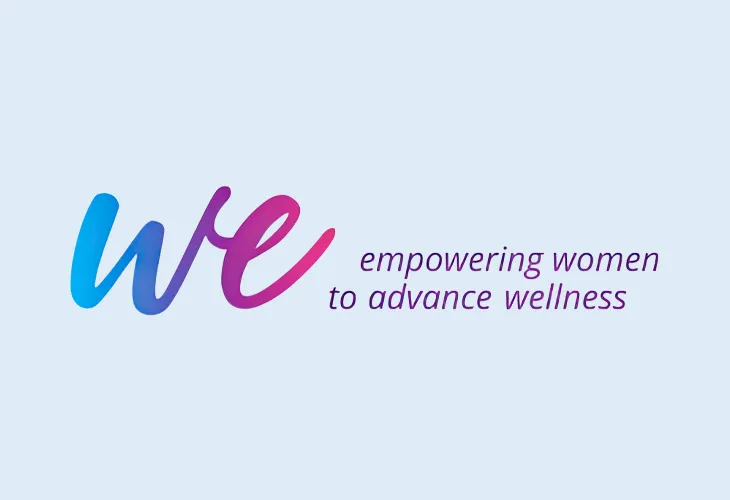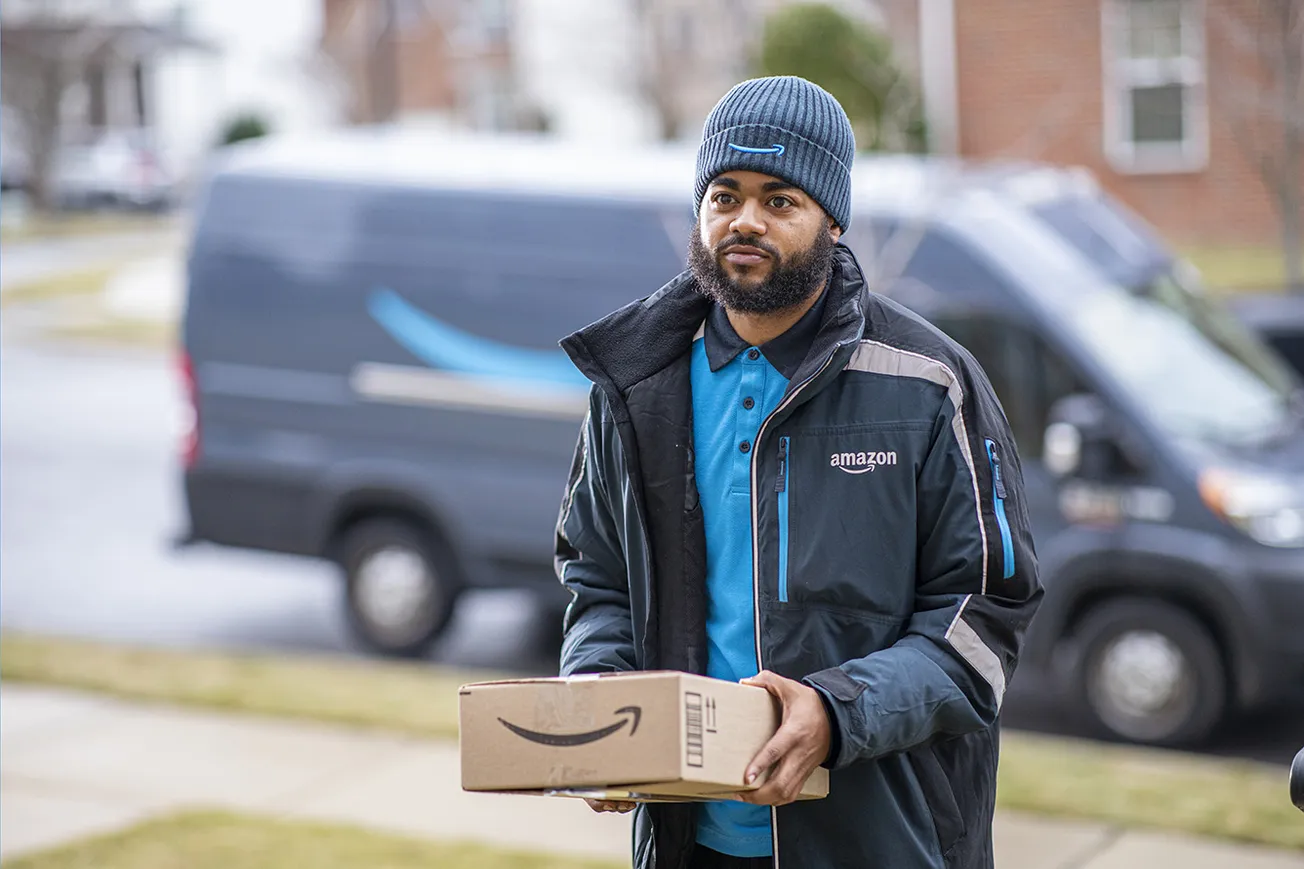NEW YORK — A blue-chip panel of women with diverse leadership roles proved that age is only a number during a webinar hosted by WE.
In the latest edition of Conversations with WE, Roslyn Chapman, chief executive officer and strategic advisor of The Chapman Edge; Lisa Paley, president for North America at Haleon; Jocelyn Konrad, chief of stores for Family Dollar at Dollar Tree; and Tina Jackse, chief commercial officer of Wellful, tackled the theme “Ageless Ambition.”
Now in its seventh year, WE was created to expand women’s voices in the retail/pharmacy industry. The chat, moderated by Wendy Liebmann, CEO and chief shopper of WSL Strategic Retail, delivered on its platform with a discussion with plenty to unpack about females and their career trajectories.
The quartet, including an entrepreneurial founder, top executives at their respective brands and a retailer, agreed age has helped them. They’ve turned maturity into an advantage, giving them courage to succeed.

Lisa Paley
“Age never defined me at any stage of my career,” said Haleon’s Paley. “Confidence does grow over time, but I always think about how I can do the best job at the next opportunity. I have a true, genuine passion and interest in what I do, and I’ve been able to do it for a long time.”
More crucial than age, is experience, added Chapman, who made the leap to start her own company more than 23 years ago. Rather than thinking about the ages of people she worked with through her career, she focused on their knowledge. She said that meeting and engaging with others makes her better at her job. “That comes from years of experience and becoming a seasoned executive,” she said. “Include all ages is helpful, especially today when we don’t have the options to go out in the hallway as much as we used to. We can learn from everyone.”
For Jackse, ageless ambition means endless inspiration. “It’s not about an age. I still get up every day and feel like I’m still creating myself. It doesn’t matter the age, it doesn’t matter who you are — you can learn and grow,” she said. “It’s not going to be easy; if it was easy, you wouldn’t be challenged.”
Konrad draws inspiration from her 12-year-old self, who didn’t have life experiences to stop her from trying new things. “Sometimes I admire ‘her’ because it wasn’t wisdom, rather curiosity and naivete, that cause my younger self to take risks. Now, I challenge myself to stay open-minded and not have biases. I’ve learned staying curious and having a drive to find solutions is part of my journey,” she said. “I have to remind myself that I can continue to grow and learn and build upon the passion which is retail for me.”
Maturing comes with changes in women’s career road maps, the panelists shared. Jackse’s younger self, she said, did not plan to follow her father’s footsteps into sales — even though she had a knack for it as a youth. “Then sales found me,” she laughed. “When you start something and you have such a passion for it, it becomes meaningful.”
Her career path changed a year and a half ago when she moved out of the comfort zone of beauty and personal care that had comprised her entire career to health and wellness. “I have never been more excited and energized. That’s what gets me out of bed every day. That’s ageless ambition — never stop learning and staying continually curious.
Paley’s 30-year career journey has taken a lot of turns, mostly from mergers, acquisitions and divestitures. “If I had a plan, it would have taken more of a straight line, but it has ended up with fascinating experiences.
At all ages, she added, women need to have determination and the understanding of what it is going to take on a hard day to get back up and going again. “It is not like every stop was easy. You have to find your purpose so you can persevere on the tough days.”
The courage that comes with age gave a few speakers the fortitude to jump to a new opportunity when careers became stale — or even negatively impacting families.
Chapman, for example, decided to leave a lucrative job with a big company when “it didn’t feel right.” Although she was rewarded for her work, there was something lacking that she found when she followed her passion and started her own company. “Know what you are good at and be happy doing it,” she said.
Being a mentor and having mentors was an important topic for discussion. Several of the women noted the concept of mentoring emerged “well into” their careers. Compounding that, C-suites were — and in many cases still are — helmed by men who weren’t reaching out to mentor women.
Luckily for Paley, mentoring and sponsorships became more common and helped her achieve the success she’s accomplished. “When you are sponsored, you are helped by someone with a seat at the table willing to put their name out there for yours,” she said.
Assembling a team of people that can be counted on, or a personal “board of directors,” as Konrad called it, is especially crucial for women. “Throughout my career, I would ask multiple people the same question, because I wanted to understand the real answer. You learn about people, and that’s how I figured out my go-to people. The ones who are really going to give me the honest answer.”
Aging is hard enough, but the challenges of ascending in corporate roles are exacerbated by being female. Unconscious bias, said Jackse, still exists, and it is imperative for women to help call attention to it.

Jocelyn Konrad
Konrad agreed that women need to use their voice to change the landscape, especially because women are the primary shoppers but often don’t control the corporate decisions. “We have to keep chipping away at that. We also have to bring more women forward. There are so many women in retail and, unfortunately, the leaders are not typically reflective of the workplace,” she said. “The voice of the customer in retail always has to be first and foremost.”
The panelists applauded organizations like WE that have helped further opportunities for women. The strides made will benefit those who are “aging in” to leadership opportunities. But there is more work to do.
The panelists noted that understanding the nuances of different generations —Gen Z’s requirement for work-life balance, for example — is critical for the future. “That is going to be one of the work challenges in the not-too-distant future,” said Paley. “Generations are going to collide. “To get the best out of say Gen Z, you have to understand what matters to them. Once you understand that, they are willing to work hard. They are challenging us in new ways,” she said, adding that their knowledge of AI could have big implications. “They can work smarter, not harder, not longer. So, I think you have to think about those things.”
Concluded Konrad, “We as leaders have to listen intently and with a purpose to all generations.”










